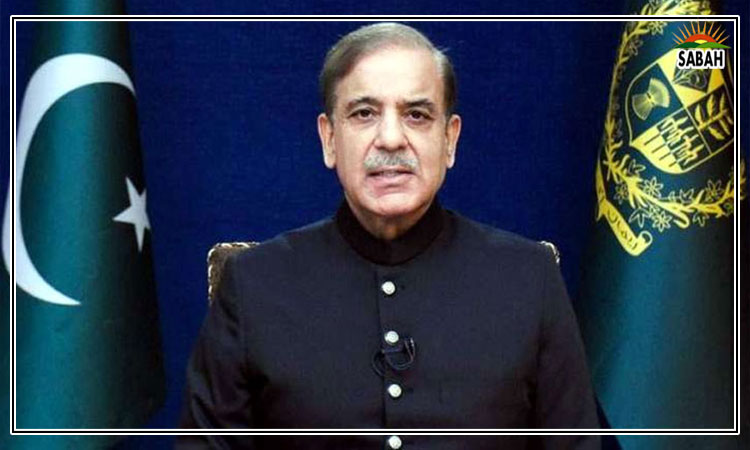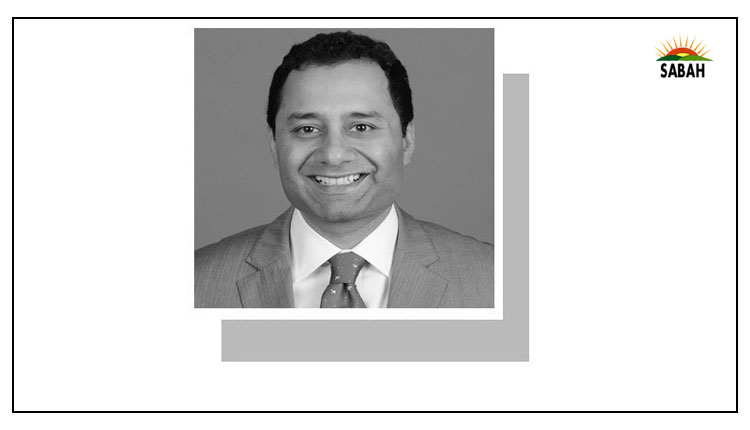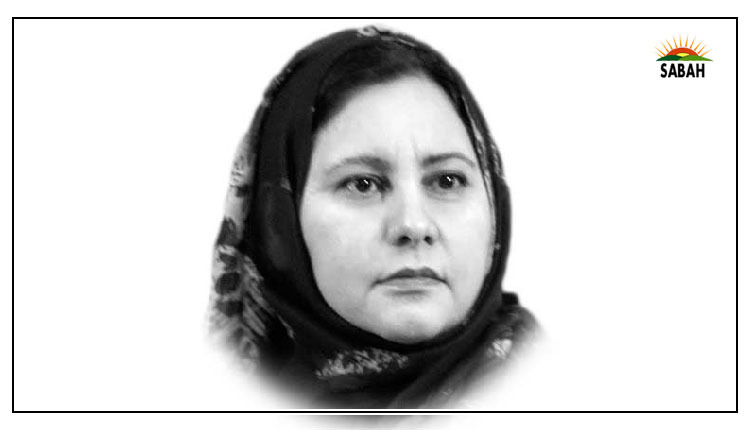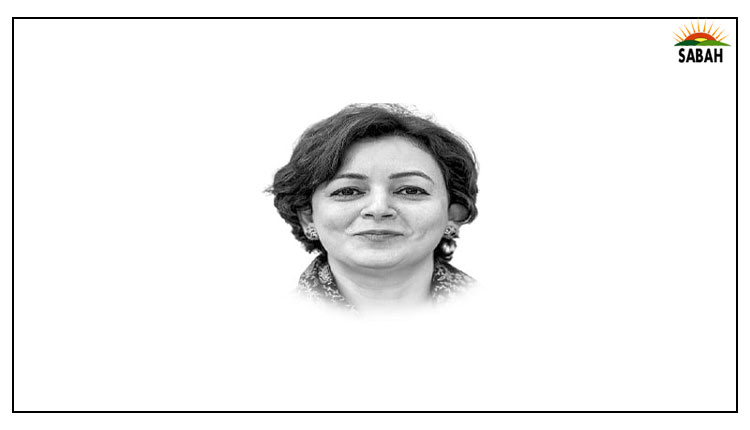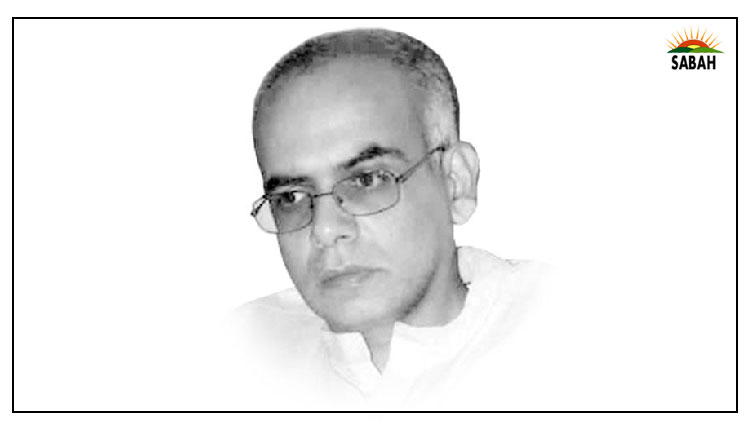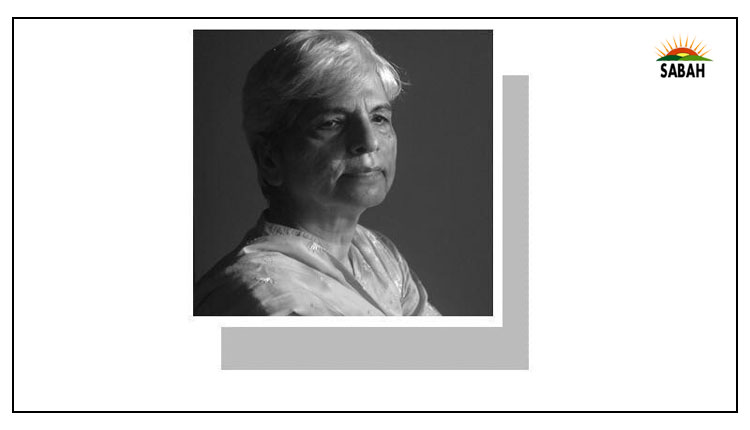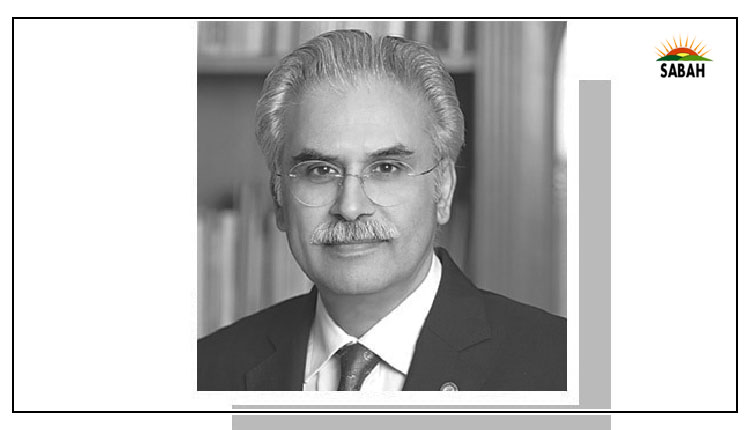Not a new normal…Muna Khan
I TESTED positive for Covid on the first day of the new year in New York. It is not an ideal start to the year, or holiday, but the period of isolation so far has brought many reflections.
The most obvious is that the pandemic is not over.
Last Sunday, the technical leader to the World Health Organisations Covid-19 response, Dr Maria Van Kerkhove, reaffirmed on X that Covid remains a global health threat.
[This new phase] is marked by reduced impact compared to the peak of Covid 19 a few years ago, but its still a global health threat and its still a pandemic causing far too many (re)infections, hospitalisations, deaths and long covid when tools exist to prevent them.
Yet this has not received the media attention it deserves.
At the time of my writing, the United States is facing the second biggest surge of the pandemic according to data from the Centres for Disease Control.
The surge is expected to peak next week with an estimated two million infections per day and estimates that one in three people will get Covid. People must take precautions, especially masking, but masks alone have become a divisive issue here. Many people cite science that claims masks are ineffective in preventing the spread.
Pakistan demonstrated a cohesive approach to a health crisis which it will need again.
This is why the medias role in public messaging is critical right now, yet its focus is on other issues.
Professor Eric Topols op-ed in The Los Angeles Times on Thursday should sound alarm bells for policymakers, certainly in the US, who are still playing make-believe about the current wave atop of high cases of the flu and respiratory virus.
The current JN.1 variant has continued its evolution with mutations adapted for infecting or re-infecting us, writes Topol. But, he offers some good news: the latest booster in the US provided protection from hospitalisation in the range of about 60 per cent against JN.1 and other recently circulating variants. Even those who had not gotten this booster were protected from hospitalisations or visits to the ER.
The bad news is that only 19pc of Americans have received the latest booster, so far. This is the tragic face of health inequities.
The United States isnt alone in its state of denialism and general refusal to take simple steps to reduce the risk of infection, writes Topol. Countries all over the world are not acting on Covid mitigation strategies. Theres a need to resume testing, data collection and public guidelines (like masking) backed by trusted science sources.
We know masks, air filtration and proper ventilation work against variants. When combined with vaccinations and testing, we have layers of defense that work effectively together, no matter how the virus evolves. The key is to do it all, not rely on only one, writes molecular biologist Dr Lucky Tran.
In fact, he recently posted an image of a rapid test that checks for SARS-CoV-2, RSV, Adenovirus, M.pneumoniae, and influenza. It isnt approved in most countries but imagine if governments provided this for free to the people!
But governments like Joe Bidens are more interested in securing a second term and giving their ally Israel a free pass to commit more atrocities. This passivity reinforces the illusion that the pandemic is behind us when its actually raging, writes Topol.
Since isolating, Topols piece is one of the few Ive come across on a mainstream media outlet about the dangers this wave poses. Friends in Karachi say theyre hearing about a rise in cases there, too. My chacha called a public hospital in Karachi to ask about boosters but was told there are none and no plans afoot to get them either.
Its back to normal in Pakistan, too.
Pakistans role in handling the pandemic and administering vaccines was commendable. It demonstrated a cohesive approach to a health crisis which it will need again, because we know this virus is not going away.
At least protect the most vulnerable the elderly, the poor, the immunocompromised. Relaunch the NCOC and resume data collection so it can be used to understand the virus and prepare strategies to combat it.
The journalist Ed Yong, who covered the pandemic in 2020, wrote about watching publications he once respected become complicit in normalising a level of death once billed as incalculable.
In a piece for The New York Times last month he wrote: In this status quo, people are expected to ignore the threat of infection, pay through the nose if they get sick and face stigma and ridicule if they become disabled. Journalism can and should repudiate that bargain.
Yong reminds us that Covid isnt just a health problem, it is a social one. Journalists must ensure this story is told and let people feel everyones health matters. Until those that matter take note and take action.
Courtesy Dawn


